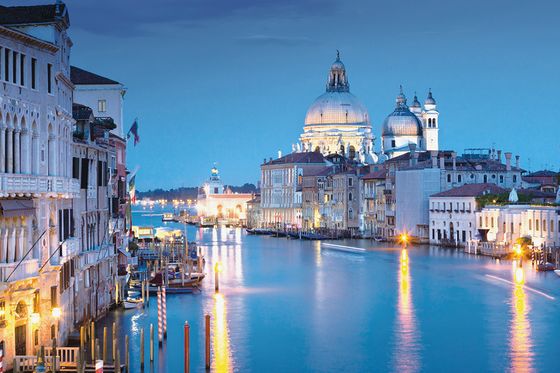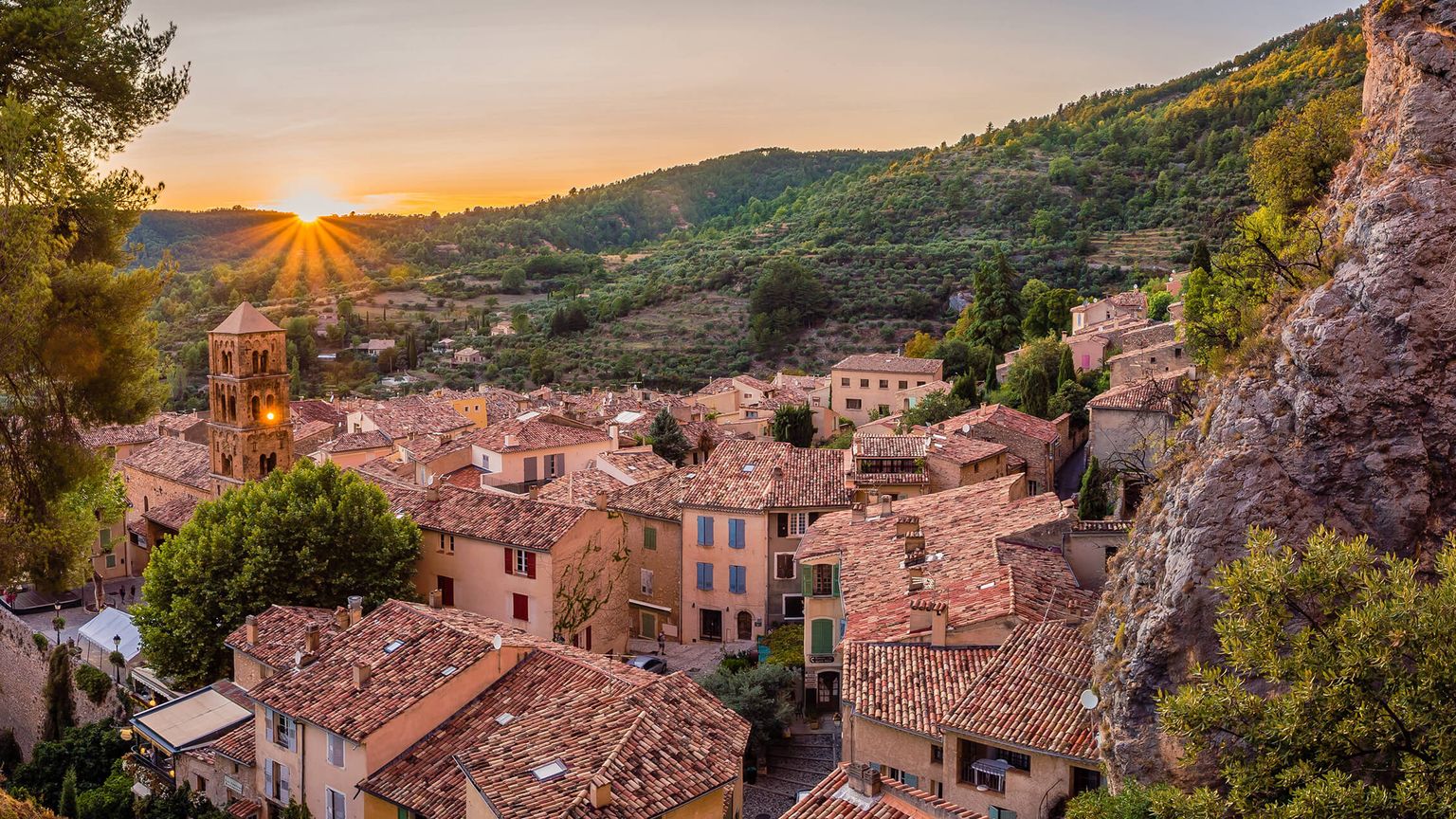Wine tasting experience in Saint-Émilion
Laura sips and savors a wine tasting at Château de Ferrand in Saint-Émilion, France.
If I could sum up today in one word, it would be “wine.” We started the day bright and early, leaving Bordeaux at nine to be at our tasting near Saint-Émilion at ten. After a drive through some of the most beautiful countryside I’ve ever seen, we arrived at Château de Ferrand, a picturesque winery that is currently owned by the descendants of Baron Bich, founder of the Bic company—where everyone’s favorite ballpoint pen is made.

While I do enjoy wine, I am by no means an aficionado, so going into our visit I didn’t really know what to expect. I can now officially say that I have a great appreciation for what it takes to create a quality vintage from vine to glass. The amount of care and detail that goes into the production process here is extraordinary. To give you an idea, the vineyards—all 79 acres—are always harvested by hand and, afterward, each individual grape is evaluated to determine whether or not it is of high enough quality to be included in the final product.

The cellar itself was equally impressive—the capacity of each barrel stored there is roughly 300 bottles. After a quick scan of the room, I guesstimated there were at least 400 barrels present, which works out to the equivalent of 120,000 finished bottles. That’s a lot of wine!

When tasting red wine in particular, I learned, there are three different steps that you need to follow:
1. Look at the color
You can do this by placing the glass on top of a white placemat or tablecoth directly under a light source. You’ll be able to note the hue of the wine by the shade the light casts onto the table.
2. Smell the wine twice
Once to familiarize yourself with the wine and then again after swirling it around in the glass. Aerating it like this helps make the aromas more complex.
3. Move the wine around your mouth as if you’re chewing gum
Doing this after your first sip will allow you to get a better feel for the tannins on your palate.
To end the morning, we finished with a sample of red wines from three different years. After following my newly-learned tasting steps on each, I found that I preferred the vintage from 2006 better than the more recently crafted selections. So in addition to everything else I learned today, I can confirm that it’s true—fine wine does get better with age.
Have you ever been on one of our Food and Wine tours? Learn more about what you will experience when you travel with us.




































































































